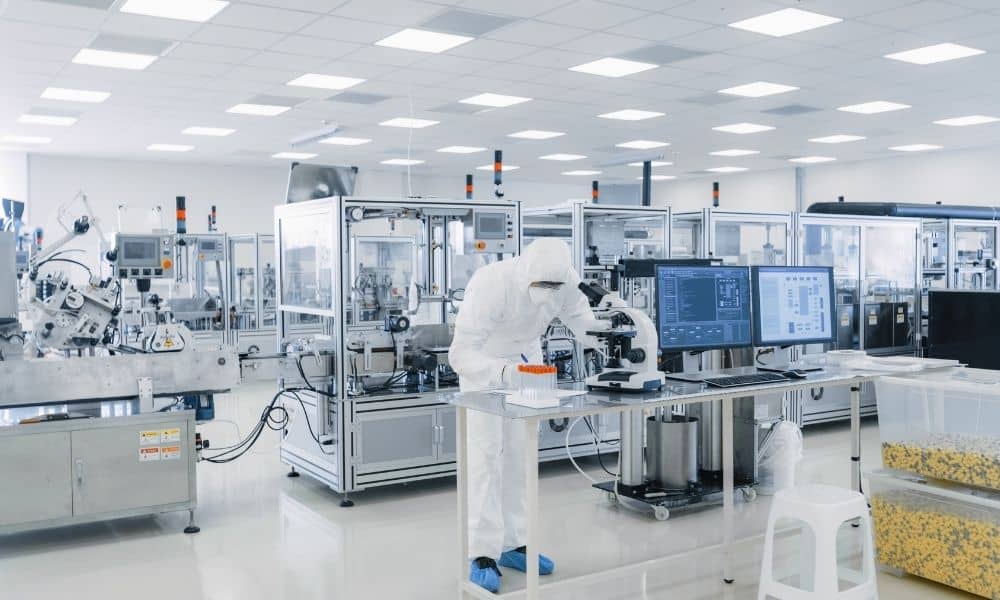Besides health care, no other line of work is as critical around the globe as that of pharmaceuticals. This industry vitally offers life-changing, life-saving, and life-sustaining products to millions of people on the planet, which is why it endures endless evaluation, hindrances, and challenges day in and day out.
This consumer-facing sector must meet a wide array of expectations in the modern marketplace, including ensuring product quality, assuring supply chain safety, and improving production efficiency. For greater understanding, let’s examine more closely some of the most common challenges faced in the pharmaceutical industry.
The Implementation of Digitalization
The advancement of digitalization—especially through the last decade—has changed modern life as we know it. As a whole, digitalization offers a plethora of advantages for companies, such as greater cybersecurity, data loss prevention, cost reduction, management productivity, and quality and operational controls. Utilizing the latest technology is essential to maintaining company protection, product production, and comprehensive quality service.
Yet swift implementation and integration are where the genuine challenges lie for pharma. Worldwide organizations must continually adapt their business models to ongoing technological changes to avoid digital disruption and to keep up with the competition. Accurately and securely delivering tech changes is key for proper data collection, analysis, and decision-making.
Strict Compliance and Changing Regulations
Another common challenge faced in the pharmaceutical industry is looming economic and regulatory pressure. This sphere regularly faces critique from the public—and scrutiny from customers, for good measure. Product efficiency and safety are fundamental for meeting consumer expectations and maintaining positive brand management. Ergo, strict systemization begins during the product development cycle and remains important throughout the entire supply chain.
Pharmaceuticals must arrive to consumers in a suitable condition from a reliable source. For that reason, good laboratory, manufacturing, and distribution practices are of the essence. Companies and organizations need to increasingly manage and optimize their internal control procedures to take standard compliance to the next level.
Complex Production Processes and Demand Forecasting
Precise, transparent operations are necessary for all facets of the pharmaceutical sector. Many present-day health-care providers are shifting steadily from a standard one-size-fits-all approach toward personalized medicine. The challenge here relates to the significance of organic synthesis in the modern medical field. Companies must devise accurate market forecasts and produce effective medicines based on concentrated chemistry-related research.
New medicine development takes time, trials, and innovation. Boosting patient outcomes with innovative therapies and treatments is no easy feat, especially due to these accelerating costs and complexities. For pharmaceutical organizations and research institutions, matching supply and demand with superior manufacturing, development, and distribution of products is only achievable with the right collaborations and customized solutions.








